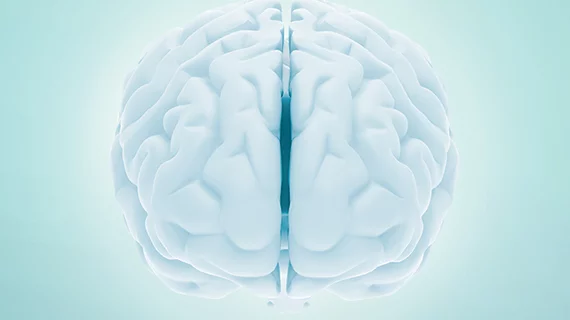Using donor hearts from patients who died of traumatic brain injury (TBI) might be a more viable option for transplant candidates than previously thought, according to an analysis published in the Journal of the American Heart Association Aug. 30.
In the journal, lead author Yaron D. Barac, MD, PhD, of Duke University Medical Center, and colleagues explained that while donation after circulatory death has recently become an option for lung transplantation in the U.S., the heart transplant donor pool still consists solely of brain dead donors. And although the past two decades have seen an increase in the number of CV donors who died as the result of drug intoxication, TBI donors still comprise the majority of the pool.
The effect of TBI on cardiac muscle has been studied “extensively” in both rats and humans, the authors said, and in the rodents, it was found to affect blood pressure and cardiac contractility and cause the accumulation of reactive oxygen species. In humans, TBI induced cardiac uncoupling, which can reduce heart rate variability and alter a person’s autonomic nervous system.
“Because of these findings, and the fact that clinical studies were performed more than a decade ago and were mainly done using single-center data, uncertainty about the significance of these findings exists,” Barac et al. wrote.
That uncertainty was only compounded when a 2018 study found non-TBI donor hearts—those retrieved from people who died after a cerebrovascular accident—were associated with reduced post-transplant survival.
Barac and his team performed a retrospective cohort analysis of the UNOS (United Network of Organ Sharing) Registry Organ Procurement and Transplantation Network between 2006 and 2018, looking for adult candidates waitlisted for isolated heart transplantation. Patients were separated into two groups based on what kind of donor heart they received—either TBI or non-TBI.
TBI was the leading cause of death in the donor population, and of 24,894 transplant candidates, 53% received a TBI heart. At the time of transplant, TBI recipients tended to be younger (55 vs. 57 years old) and were more likely to be men (78.4% vs. 70.2%). They also presented with less history of malignancy.
TBI donors were also mostly men (82.5% vs. 58%) and younger (26 vs. 35 years old). On average they had a lower BMI and experienced less diabetes, hypertension and cancer than their non-TBI counterparts, and fewer used cocaine or smoked cigarettes compared to the non-TBI group.
Barac and colleagues reported that at 10 years post-transplant, the TBI group reached 62.8% survival, compared to 59.9% survival in the non-TBI group. While the finding suggested a long-term survival benefit with TBI donor hearts, after propensity group matching, 10-year survival was comparable between groups.
“Donor death from either TBI or non-TBI cause had no impact on post-transplant survival,” the authors wrote. “Future studies should address the time of procurement in relation to the time of injury and the time of brain death as well as the impact of hemorrhagic stroke as a risk factor for post-transplant reduced survival.”

